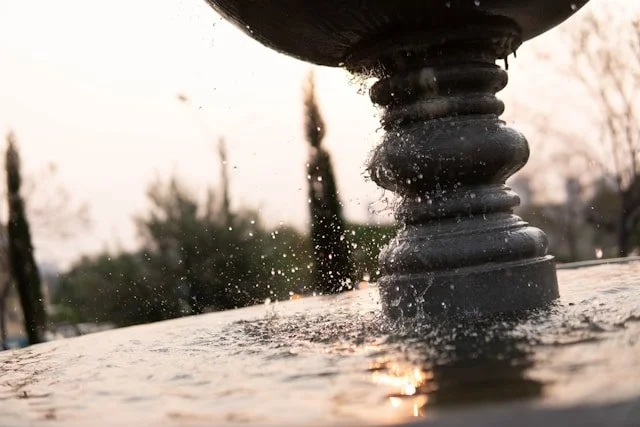1. One in Three Practicing Christians Has Stopped Participating in Church: A sobering report from Barna.
2. Biblical Archaeology’s Top 10 Discoveries of 2020: I always appreciate these recaps from Christianity Today. Gordon Govier reports, “Turkish archaeologist Celal Şimşek discovered sacred items used in Christian worship while excavating a house in Laodicea. The peristyle house—built around a central garden or courtyard—was located next to a theater and was likely owned by wealthy people. The apostle Paul sent an epistle to the church at Laodicea, which is mentioned in Colossians but appears to have been lost. The church is also mentioned in Revelation…”
3. Don’t Be an Esau: Ray Majoran exhorts us to not sell our birthright for stew. He says, “In 2020, I saw many (professed) Christians giving up their birthright for a bowl of soup.”
4. Wait for it: Susan Lafferty with a delightful reflection on anticipating what we’ve already seen.
5. When God Goes Big and I Go Small: Tim Challies says that our impulse to wriggle out of sweeping biblical commands is dangerous. He says, “The Bible speaks in broad words, in great sweeping statements. There are times to interpret those words and statements, to apply wisdom to them. But first we must deal with them as they are, to allow them to hit with all of their force, all of their impact. Then, and only then, do we ask our “what if” questions.”














